Bhargavi Thakur, a rising luminary in the realm of Indian classical music, enthralled audiences at the Brooklyn Baithak in New York on Sunday, September 8, 2024. Her performance of Raag Bageshri, accompanied by the virtuoso Sai Raman on tabla, left the audience spellbound with her masterful alaaps and evocative gamakas. This appearance was a milestone, marking her debut performance beyond Chicago—a city where she has been a prominent fixture for the past two years.
Her previous engagements include distinguished performances for the South Asian Music Association, Vivekananda Vedanta Society of Chicago, the University of Chicago, and alongside the Bollywood Punk band, ‘Do The Needful.’ Her exceptional talent has garnered her acclaim within the South Asian diaspora and beyond, resonating with audiences from diverse ethnic backgrounds.
Bhargavi’s trajectory is a powerful testament to her unwavering commitment. Originating from Mithila, Bihar, and raised in Delhi, she pursued her academic endeavors at Delhi University and Ashoka University before securing a Master’s in Public Policy from the University of Chicago in 2022. Now entrenched in the U.S., she expertly balances her role as a Research Associate at Alliance Chicago—a leading healthcare organization—with her profound passion for music. Her expertise lies in Khayal Sangeet, which she embarked upon at the tender age of three. Currently, she is deepening her knowledge of Dhrupad under the esteemed Dr. Sumeet Anand of the Darbhanga Gharana.
In an exclusive dialogue with The Interview World, Bhargavi delved into her musical odyssey, reflecting on her evolution across various forms, the transformative impact of her mentors, and her memorable performances, including a noteworthy appearance on All India Radio. She also unveiled her groundbreaking work on an AI-driven singing tool and shared her perspectives on the dynamic trends reshaping Indian classical music. Below are the pivotal insights from her interview.
Q: You started learning music at the age of three. How did your early experiences shape your journey in Indian classical music?
A: Beginning my musical journey at the tender age of three bestowed upon me an instinctive mastery of the art form. In my early years, I was not burdened by technical complexities or entangled in the subtleties. Music emerged as a spontaneous and integral part of my existence, flowing with an effortless grace that defied conscious effort. This innate approach to learning enabled me to seamlessly absorb and convey music, integrating it into my life with a natural fluidity that transcended formal study.
Q: Can you share how transitioning between Carnatic music and Hindustani classical music influenced your creative expression?
A: The transition I made at such a young age in my creative expression was effortlessly seamless, never resembling a conscious alteration. While many become deeply entrenched in a single tradition, my immersion in both Carnatic and Hindustani music enabled me to concentrate on their shared elements rather than their distinctions. Drawing inspiration from masters across both traditions, I embraced songs in multiple languages, transcending the geographical divides of North and South India. My foundation in Carnatic music also ignited a profound interest in Dhrupad, the most ancient form of Indian classical singing, which bears striking similarities to Carnatic music.
Q: How have your teachers, such as Srujuna Satish, Debjani Dhar, Piyali Nath, and Pt. Sumeet Anand, contributed to your growth as a musician?
A: Mentors such as Srujuna Satish, Debjani Dhar, Piyali Nath, and Pt. Sumeet Anand have indelibly shaped my musical odyssey. Each one, with their unparalleled expertise, has ignited a profound exploration into the intricate layers of Indian classical music. Their mentorship has honed my technical prowess while fostering the emotional depth crucial for compelling performance. They instilled in me a profound respect for tradition, yet constantly urged me to forge my own creative path. Through their unparalleled wisdom, I have evolved beyond a mere musician into a masterful storyteller of rhythm and melody.
Q: Your performances were broadcast nationwide on All India Radio as part of the Yuvvani program. How did this experience impact your career?
A: My feature on All India Radio’s Yuvvani program constituted a watershed moment in my career. It catapulted my music into the national limelight, bestowing upon me a recognition of considerable stature. This exposure not only fortified my self-assurance but also deepened my unwavering dedication to the craft. It also served as a conduit to engage with an expanded network of fellow musicians and aficionados, significantly augmenting my presence within the esteemed realm of Indian classical music.
Q: You recently started teaching the basics of Hindustani classical music to students from prestigious universities. What motivated you to start these workshops, and how did the students respond?
A: The impetus for these workshops originated from my fervent ambition to democratize classical music for novices while fostering an intimate appreciation of its nuances. Conducting these sessions proved to be a profoundly enlightening endeavor, as it allowed me to explore innovative pedagogical approaches and gain a more nuanced comprehension of the obstacles that beginners frequently encounter. The students’ fervor was truly invigorating—they eagerly embraced both the technical precision and the artistic expression of the music, rendering the entire experience extraordinarily fulfilling.
Throughout the week-long Indian classical music workshop, participants delved into fundamental concepts such as Alankars and practiced Taranas within the framework of a selected raga. Each day, I conducted a meticulously structured, hour-long session, augmented by curated recordings and continuous, constructive feedback. In the concluding two days, the focus shifted to rhythm, where students learned to vocalize compositions with percussion accompaniment, thereby adding a profound layer of sophistication to their musical journey.
Q: Could you share more about your plans to develop an AI-singing tool? How do you envision AI and machine learning enhancing the learning of Indian classical music?
A: I am spearheading the development of an AI-driven vocal tool aptly named Every Voice Can Sing, meticulously crafted to support novice and intermediate practitioners of South Asian classical music. One of the principal challenges these students encounter during their solo practice, or riyaz, is the absence of immediate, real-time feedback and the constrained availability of instructors. The inherent fluidity of our music, where any note may potentially function as the foundational Sa or Do, exacerbates their struggle to identify pitch discrepancies or interruptions in their musical flow.
Our AI solution can tackle these challenges by delivering tailored feedback and actionable suggestions to refine vocal practice. It offers a user-friendly mechanism for students to engage in effective practice while maintaining the integrity of the traditional guru-disciple dynamic. This AI tool is not intended to supplant teachers but to augment their guidance, enabling students to practice unreservedly, free from the apprehension of judgment. By doing so, it empowers both the students and their mentors, thereby enriching the entire educational experience.
Q: How do you balance the traditional aspects of Indian classical music with modern, innovative projects like your AI-singing tool?
A: At the core of Every Voice Can Sing resides a profound synergy between the timeless essence of South Asian classical music and the forefront of modern technological advancement. While artificial intelligence and machine learning serve to streamline and elevate riyaz sessions, this innovation is not intended to supplant the unparalleled wisdom of a guru. My objective is to furnish students with the means to practice both effectively and consistently, while steadfastly preserving the sanctity of our classical traditions.
This technology creates a supportive environment where students can progress at their own rhythm, liberated from the anxieties of errors or humiliation. Nevertheless, they continue to rely on their mentors for profound insights and nuanced refinement. By intertwining tradition with modernity, I aim to enhance the educational journey without diminishing the rich cultural and artistic heritage of South Asian classical music.
Q: What are your thoughts on the current state of Indian classical music, and how do you see it evolving with the next generation of musicians?
A: Indian classical music stands at a pivotal crossroads, driven by a new generation of musicians unafraid to push boundaries and fuse tradition with innovation. While experimentation with other genres flourishes, there remains an unshakable commitment to safeguarding its time-honored roots. Technology will be a game-changer in this transformation, making classical music more dynamic and accessible to a global audience. Yet, the next generation must maintain a fine balance between bold innovation and the unwavering preservation of the principles and techniques that have defined Indian classical music for centuries.
As musicians, we must break free from outdated hierarchies that pit sub-genres against one another. The notion that one style reigns supreme is not only archaic but counterproductive. Collaborations between Carnatic and Hindustani musicians offer a powerful testament to how different styles can not only coexist but elevate one another. Equally urgent is the need to purge this art form of any lingering biases—be it religious, caste-based, or gender-driven. True progress will come when Indian classical music is inclusive, accessible, and open to all, unshackled by barriers that once held it back.
We must decisively separate music from religiosity and abandon rigid, exclusionary traditions that alienate new learners. The future lies in building a community that values technical mastery as much as inclusivity—where the music speaks to all, invites all, and elevates all. It is time to transcend the old ways and forge a path that honors the soul of Indian classical music while making it a universal, unifying force.


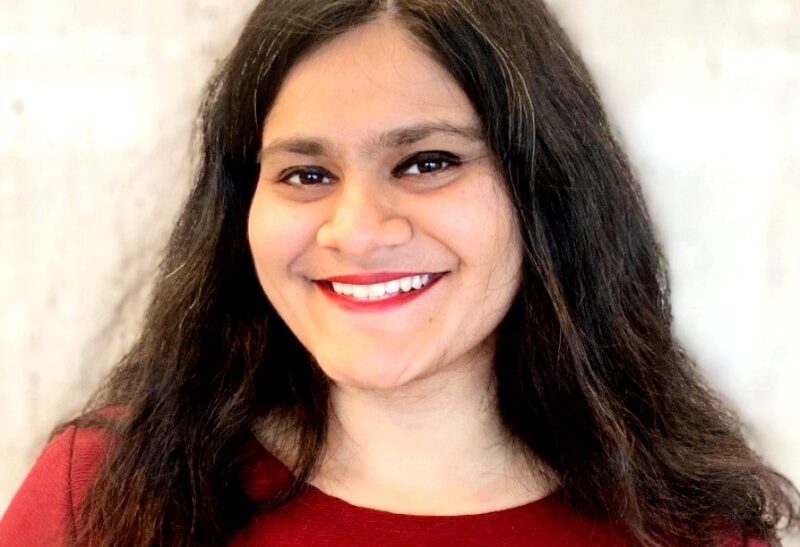

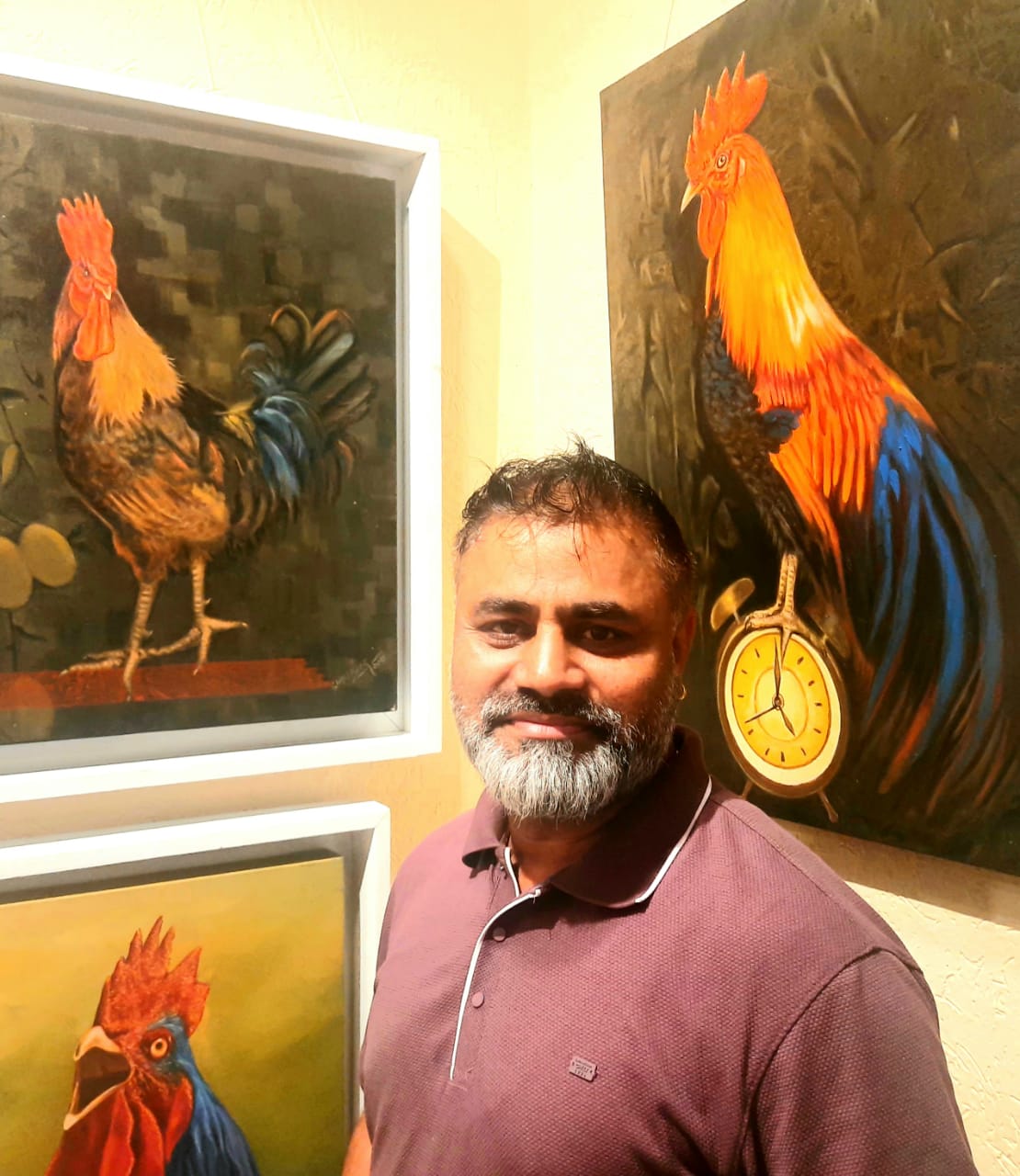
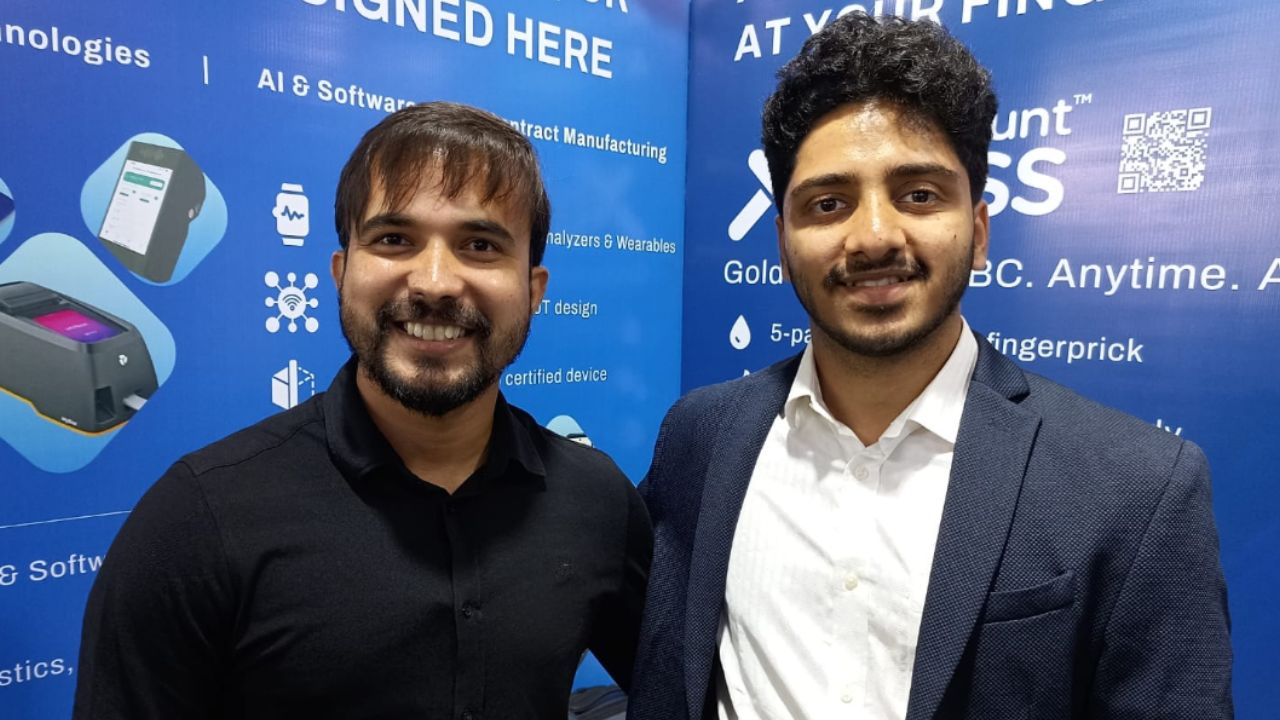
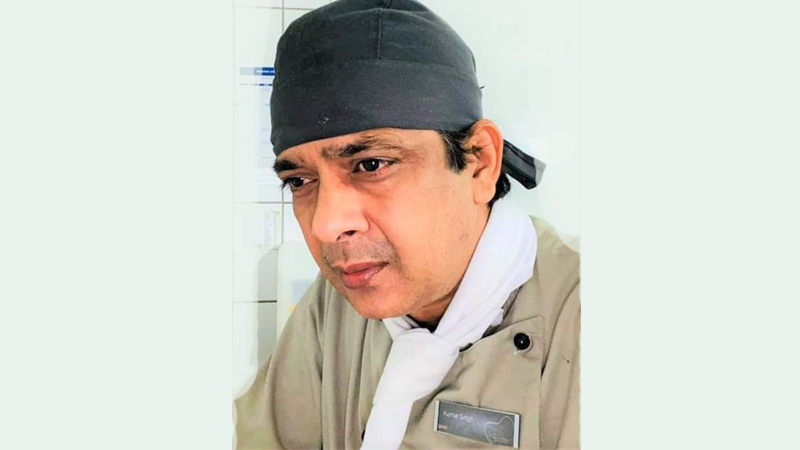
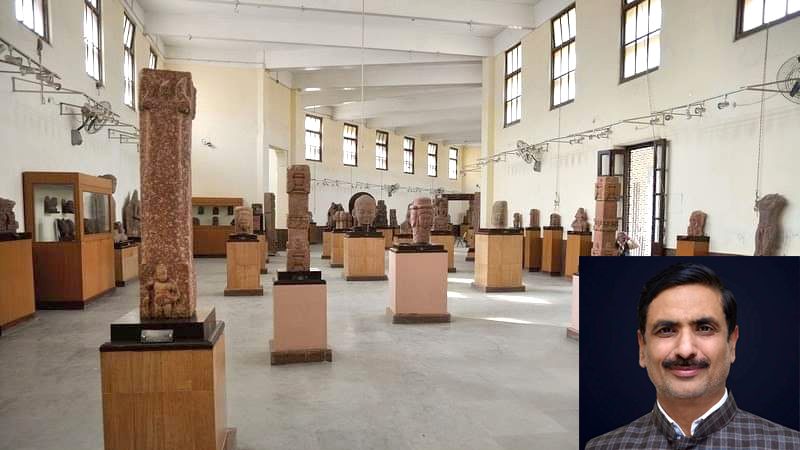
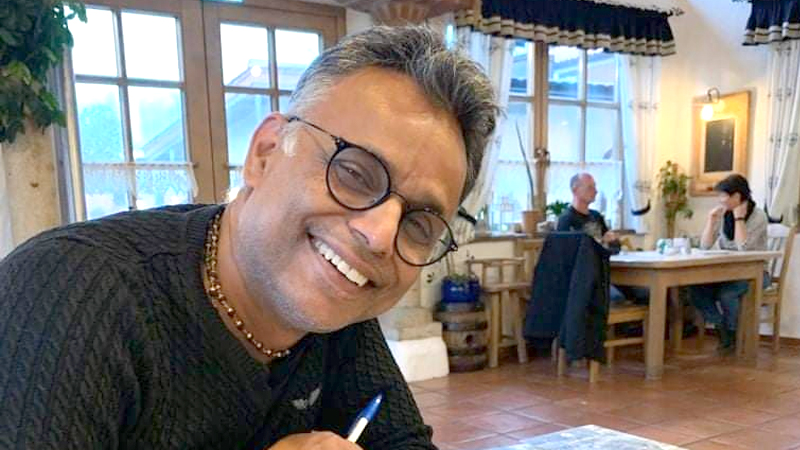

1 Comment
Nice
Comments are closed.